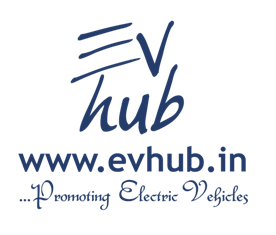Electric Vehicle Value Chain is Changing
The electric vehicle value chain is shown below. Basically, some finishers buy in the capital intensive powertrain from specialist suppliers and do the labour intensive, less technical coachwork to make a vehicle. This is commonplace with military vehicles and buses for instance. The new IDTechEx reports, “Electric Buses and Taxis 2011-2021″ and “Military, Security & Police Electric Vehicles 2011-2021″ give the detail on strong examples of this in buses and military vehicles in particular.
On the other hand, some manufacturers do the whole operation, Toyota, the world number one in electric vehicles, and Nissan being examples. Hybrid powertrains are a particularly complex technology, making them a meaningful segment for some time to come. There is nothing new in this: for example, with conventional cars, Rolls Royce has traditionally left the coachwork to others. However, even hybrid powertrains are simplifying and there will be a trend towards vehicle manufacturers buying in range extenders, motors, batteries etc separately and assembling them themselves into optimised systems.
